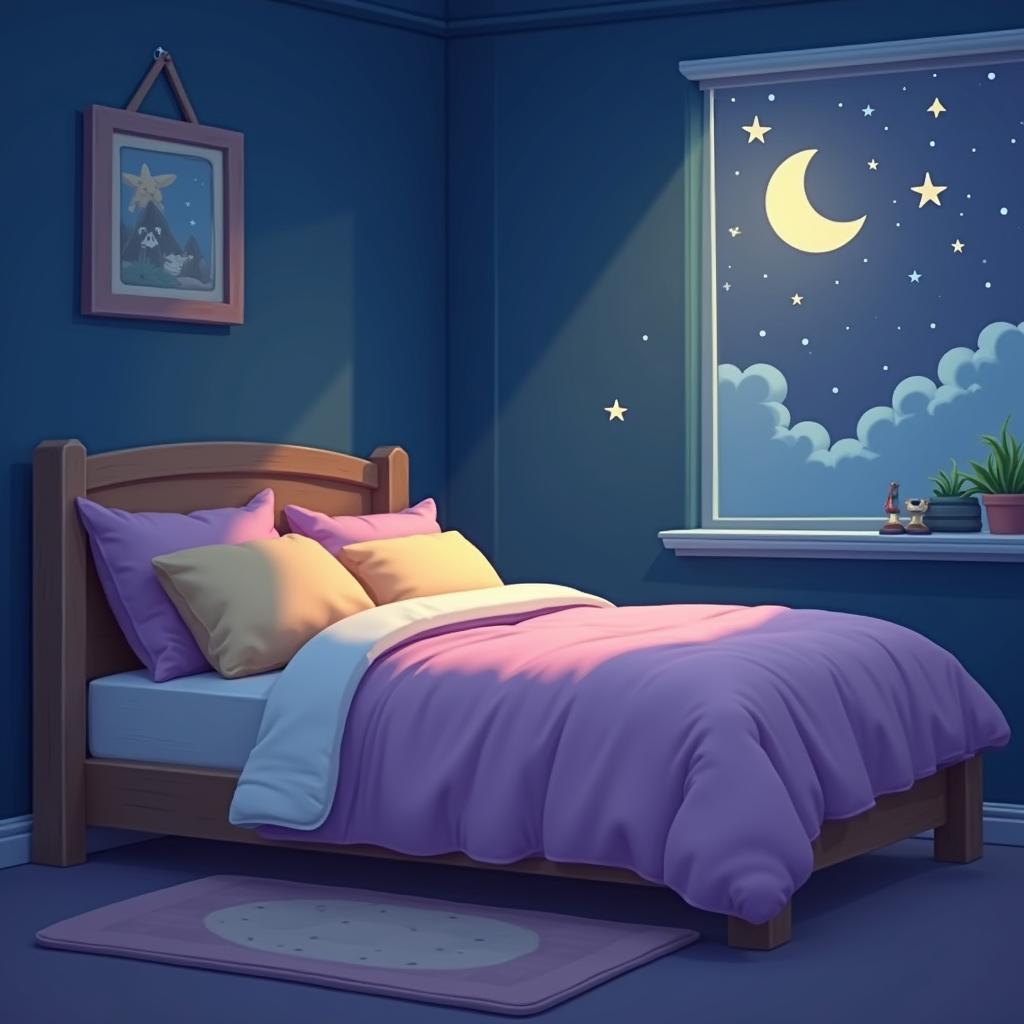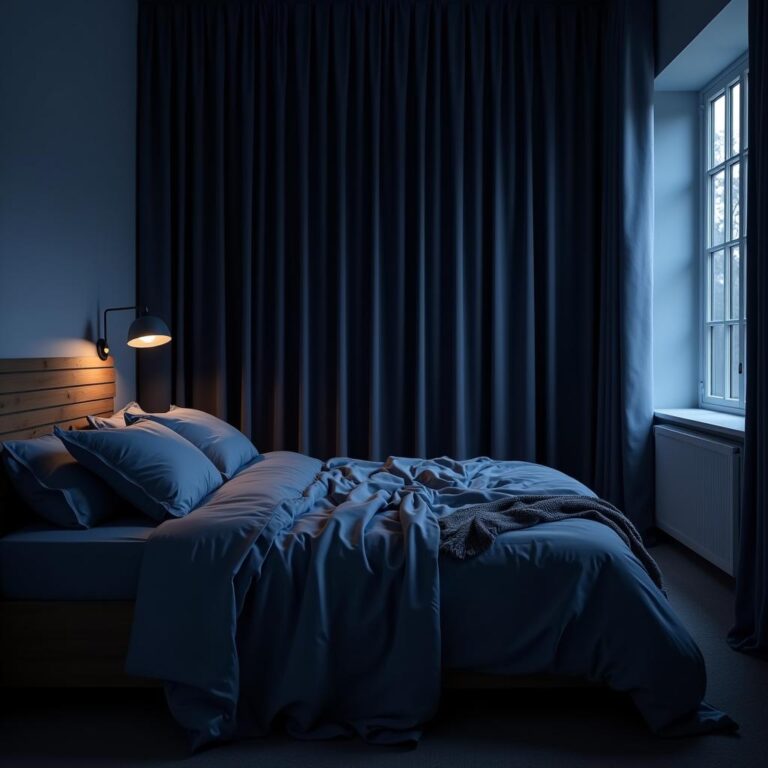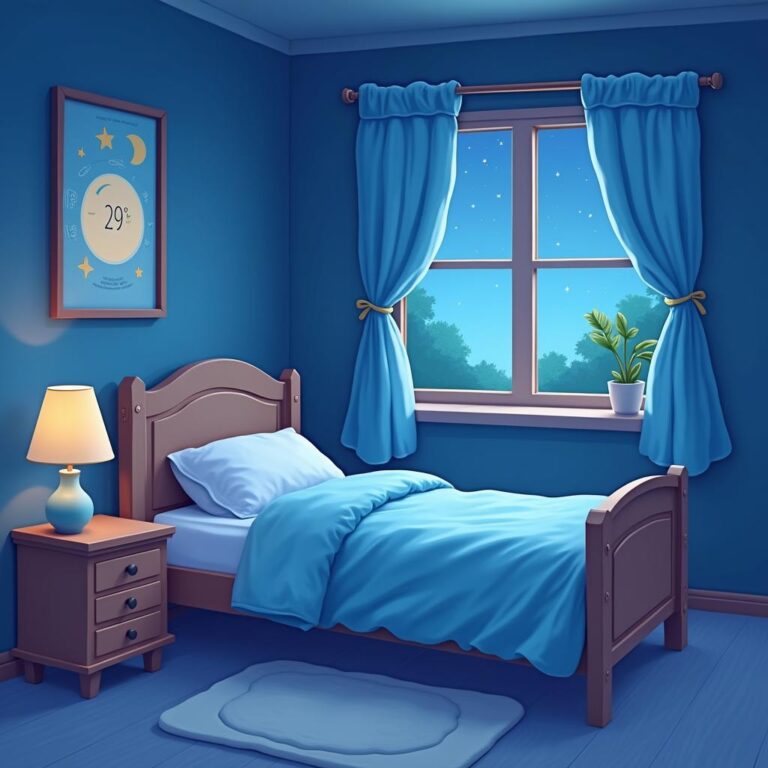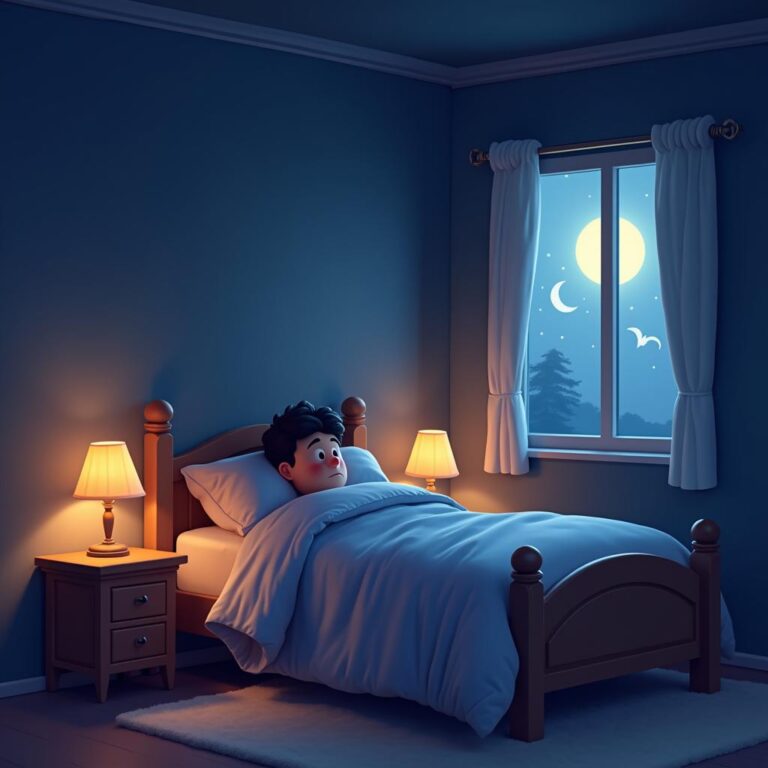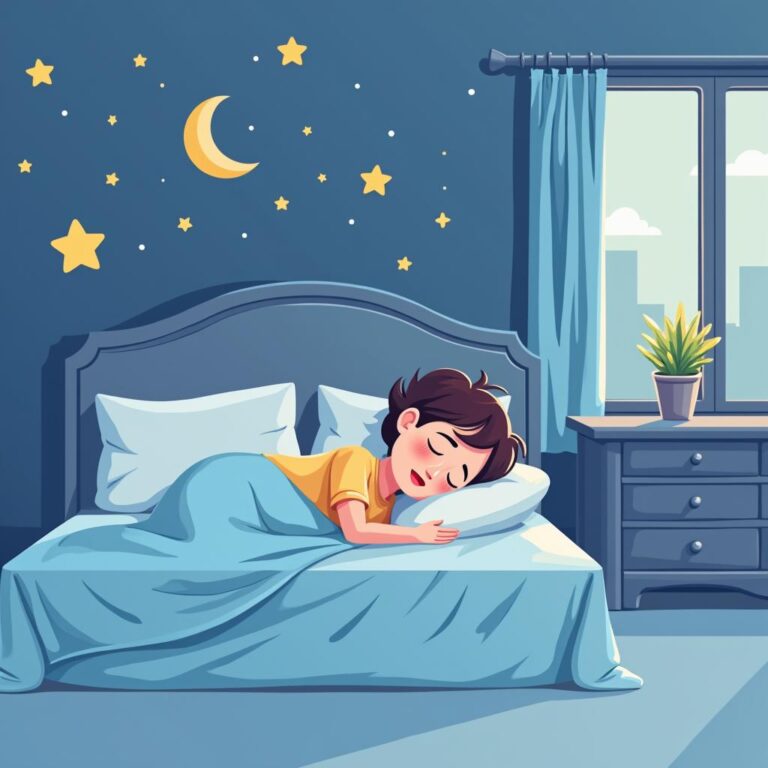Understanding the Importance of a Good Sleep Environment
Creating the best sleep environment for restful nights is essential for overall health and well-being. The quality of your sleep is significantly influenced by your surroundings; factors like light, temperature, noise, and comfort can drastically impact your ability to fall asleep and stay asleep throughout the night. This article will explore the key elements necessary to create an ideal sleep environment that promotes restful nights and rejuvenating sleep.
1. The Power of Darkness
One of the primary elements of a restful sleep environment is darkness. Exposure to light, particularly blue light from screens and artificial light sources, can disrupt the natural sleep-wake cycle, making it harder to fall asleep.
– **Curtains and Shades**: Invest in blackout curtains or shades to keep your room dark. They help block out external light from street lamps and other sources, creating a cave-like environment that is conducive to sleep.
– **Eliminate Electronics**: Reduce or eliminate the presence of electronics in the bedroom. If you must have devices in the room, consider using a blue light filter or night mode settings after sunset.
– **Night Lights**: If you require a night light for navigating the space, opt for a dim, warm-toned light that doesn’t interfere with melatonin production.
2. Temperature Control
The temperature of your sleep environment plays a critical role in achieving restful sleep. Studies suggest that the optimal sleeping temperature for most people falls between 60°F to 67°F (15°C to 19°C).
– **Cooling Options**: If your bedroom tends to get warm, consider using a fan or air conditioning to keep the cool air circulating. Buying breathable bedding made of natural fibers can also help to regulate your body temperature.
– **Heating Measures**: In cooler climates, ensure that you have adequate heating mechanisms and opt for warmer bedding, but avoid excessive warmth that could lead to discomfort.
3. Soundscapes for Sleep
Noise can be both a friend and a foe when it comes to sleep. While some people might find the sound of nature or white noise soothing, others may be easily disturbed by even the lowest sounds.
– **White Noise Machines**: These devices generate a consistent sound output that can mask disruptive noises from your environment, creating a more peaceful soundscape for sleep.
– **Nature Sounds**: Consider using apps or devices that play calming nature sounds, like ocean waves or rain, which can help lull you to sleep.
– **Earplugs**: For those who are easily startled by noises, investing in comfortable earplugs can help ensure that interruptions are kept to a minimum.
4. The Right Bedding and Mattress
Your mattress and bedding play a crucial role in how well you sleep. A mattress that offers the right level of support and comfort can alleviate physical discomfort and promote better sleep.
– **Choose Wisely**: Look for a mattress that suits your sleeping position—whether you’re a side sleeper, back sleeper, or stomach sleeper—to ensure that your spine remains aligned throughout the night.
– **Quality Bedding**: Invest in high-quality sheets and blankets. Natural materials like cotton, linen, and bamboo are breathable and comfortable against the skin, helping maintain a comfortable body temperature.
– **Pillows Matter**: Selecting the right pillow based on your sleeping style is key. A good pillow should support your head and neck without causing strain.
5. The Role of Aromatherapy
Certain scents have been shown to promote relaxation and better sleep quality. Integrating aromatherapy into your bedtime routine can enhance your sleep environment.
– **Essential Oils**: Lavender oil is renowned for its calming properties. Diffusing lavender or using pillow sprays can create a soothing atmosphere.
– **Candles and Incense**: Using candles or incense with calming scents can also help set the mood for relaxation, though it’s best to extinguish them before sleep.
6. Create a Relaxing Pre-Sleep Routine
An essential aspect of establishing the best sleep environment for restful nights involves cultivating a calming pre-sleep routine. This helps signal to your body that it’s time to wind down and get ready for sleep.
– **Digital Detox**: Allocate time to unplug from screens at least an hour before bed. Engage in activities that promote relaxation, such as reading, meditation, or gentle stretches.
– **Consistency is Key**: Going to bed and waking up at the same time every day helps regulate your body’s internal clock, making it easier to fall asleep and wake up refreshed.
7. Declutter Your Space
A cluttered environment can lead to a cluttered mind, making it more challenging to relax and unwind at the end of the day.
– **Organized Bedroom**: Keep your bedroom tidy and free of unnecessary clutter. Having a designated space for everything can help create a more calming environment.
– **Minimalist Approach**: Consider adopting a minimalist approach to your bedroom decor. A simple, serene environment can foster a sense of tranquility, encouraging deeper sleep.
8. The Impact of Personalization
Lastly, creating the best sleep environment for restful nights should also be a personal endeavor. Everyone has different preferences when it comes to sleep, so it’s vital to tailor your environment to your individual needs.
– **Personal Touches**: Incorporate elements that bring you joy and comfort. This might include soft throws, family photos, or plants that make you feel at ease.
– **Experiment**: Don’t hesitate to experiment with different aspects of your sleep environment. Adjust the lighting, test various scents, and change your bedding until you find the combination that works best for you.
Conclusion
Creating the best sleep environment for restful nights is an essential investment in your health and well-being. By paying attention to the elements of darkness, temperature, sound, bedding, and personal preferences, you can cultivate a haven of tranquility that promotes restorative sleep. Establishing a calming pre-sleep routine and maintaining a clutter-free, organized space will further enhance your ability to unwind and drift off into a deep sleep. Prioritize your sleep environment, and you’ll reap the benefits of better sleep, improved mood, and enhanced overall health.

